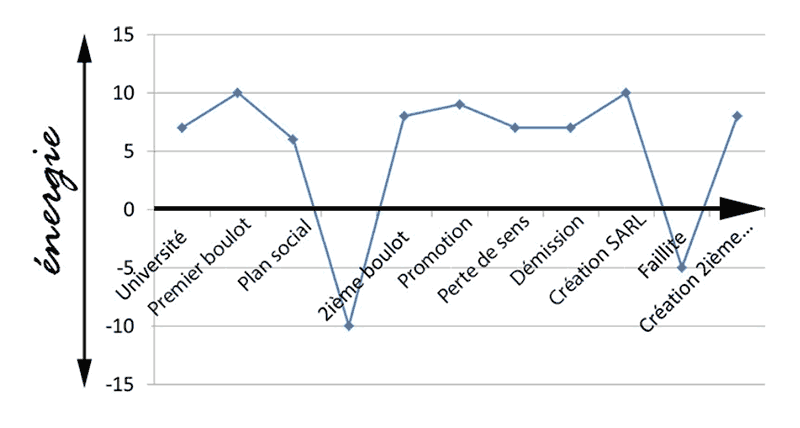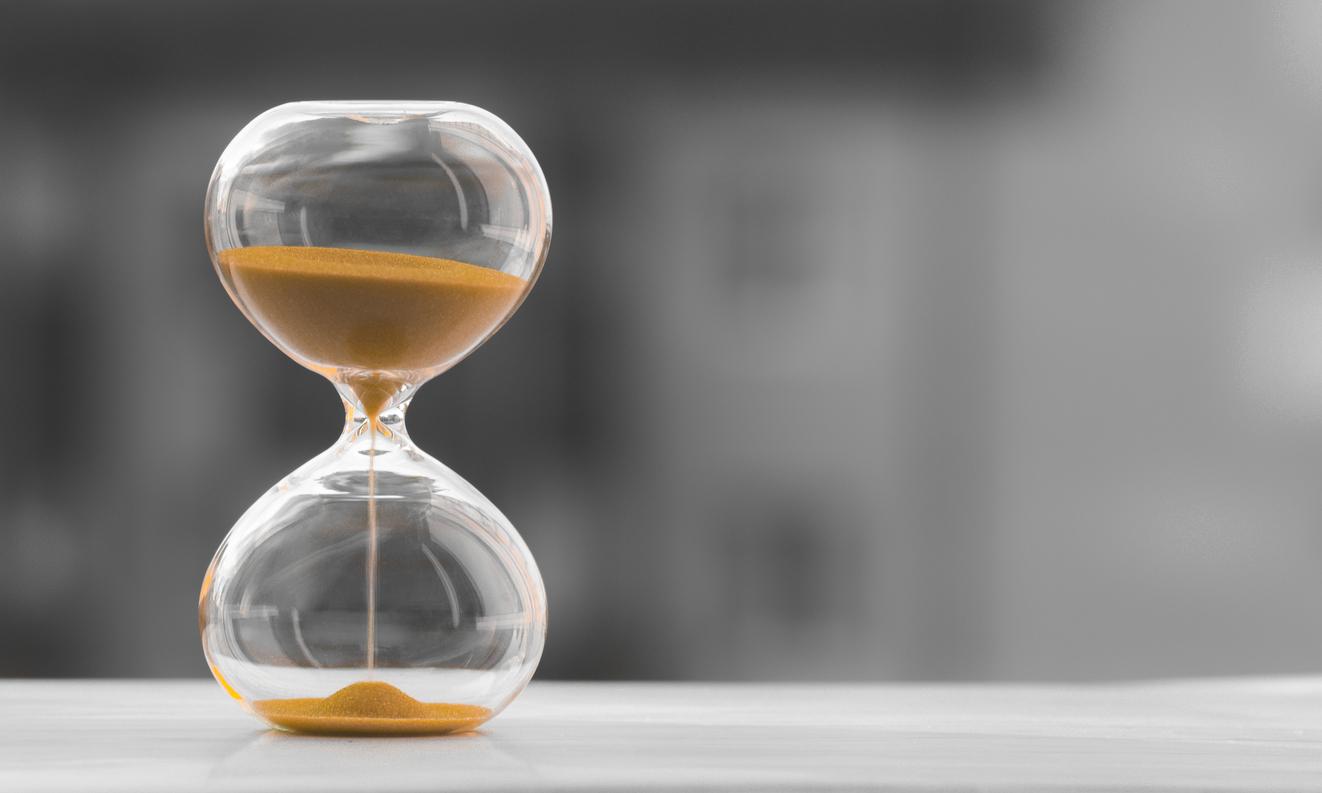Taking medicines on a daily basis. It sounds so simple, but it takes quite a bit of effort and effort to fit it into your daily pattern. PlusOnline gives you some tips and points for attention.
Taking an aspirin, cough syrup or even an extra vitamin pill every day is quite different from having to take a medication every day. Whatever medicine it is, and whatever condition you are prescribed it for, the fact is that mandatory medicine use can have a major impact on your daily lifestyle.
What do we mean by daily medicines?
These are medicines that you are obliged to use for a certain number of days or for an indefinite period of time, possibly at set times or under certain conditions.
Practice
It often also depends on the severity of the condition how user loyalty patients are. This is not so surprising: the higher the risk of, for example, death if the medicines are not used, the more loyal people are to taking them. Research shows that people with heart failure are 98 percent faithful to the prescription. With other drugs, such as antidepressants, that percentage is significantly lower.
The reasons why patients do not follow the prescriptions are very different:
- People feel better and think they can reduce or stop.
- People feel better and therefore forget the medicines (more quickly).
- Not enough information has been given about possible side effects. If they occur, that can be a reason to stop or reduce.
- There are problems with the time at which the medicine should be used or it is difficult in combination with, for example, work or daily schedule.
- The shape of the medicine does not suit the patient: for example, he gets a drink while he much prefers to take pills.
- Denial of being sick: ‘If I take medication I am really sick.
Discuss the possibilities
It is important that you obtain as much information as possible about everything that is involved in taking your medicine on a daily basis. During a repeat consultation, identify any problems you may experience.
If you have a choice in the form in which you will receive your medicine (pill, drink, capsule), discuss with the doctor which choice best suits your possibilities or wishes.
More tips for medication use
- Read the package leaflet and ask the pharmacist or doctor for an explanation. Also ask for advice if you want to change something in your medicine use. Do not do this on your own initiative.
- Ask for an explanation about the use and effectiveness of the drug so that you know ‘why’ you are using it. It turns out that people, who are aware of the importance of their medicine, also use it more faithfully.
This is especially true if you are on medications that serve as maintenance because the condition has no cure. An example is insulin in diabetes. - Ask how to take your medicines (for example, with water), and at what time. How should you take the medicines? On an empty stomach or just before or after eating.
- Find out if it is a problem if you forget or take your medicine too late and what to do if it happens.
- Be educated on how to store your medicines (at room temperature, in the refrigerator, in the dark)
- The pharmacist has handy tools for taking your medicines. If you take several medicines, or if you have to take medicines a few times a day, a special pill box can be a handy tool.
- Do not forget your medicines when you travel or on vacation. If you travel by plane, put them in your hand luggage. If you need to take a medicine at regular intervals a few times a day, ask your pharmacist what to do if, for example, you are traveling to a country with a different time zone.
- Ask for a medicine passport for your holiday. In this, the pharmacy states which medicines you are taking. This is registered by substance name, so you get the same recipe everywhere in the world.
- Ask your pharmacy whether you need a medicine declaration for your medicine when traveling abroad.
Be prepared
The daily use of medicines therefore requires a lot of adjustments, especially in your thinking pattern. You may need to eat at more regular times. Spontaneously going away for the day and wanting to spend the night somewhere can be difficult if you don’t have medication with you for the whole day.
It is useful to always take enough medicines with you in a bag or box and to always have it with you. For example, if you have to take a pill at 5 o’clock sharp and you are in a traffic jam at that time, you will at least avoid the stress of not being able to take your tablet on time.
Keep the medicines ‘in sight’, especially until you are used to taking them. If necessary, use a kitchen timer or your mobile phone to signal.
And now: continue!
It may sound strange, but if your partner is the one who has to take medication on a daily basis, it can also affect your life. That is sometimes overlooked. If you need help, talk to the doctor.
It can be taxing and annoying to have to take medication on a daily basis. Fortunately, with good preparation and sufficient information, you at least have a grip on the use of your mandatory daily medicine.















